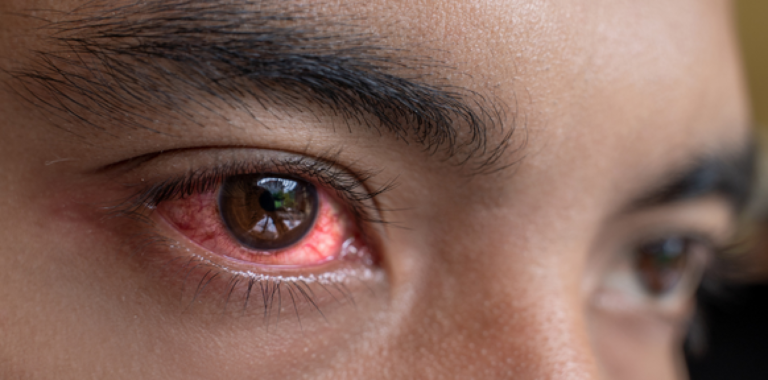How Malaria Affects Vulnerable Populations: Children, Pregnant Women, and Immunocompromised Individuals
Malaria remains a significant global health challenge, with its impact extending far beyond the Malaria Affects Vulnerable Populations. Children under five years old, pregnant women, and individuals with compromised immune systems face heightened risks and more severe consequences from this parasitic disease. Understanding these impacts is crucial for tailoring effective interventions and support measures.
Children Under Five: The Most At-Risk Group
Children under five years old are disproportionately affected by malaria. Their immune systems are still developing, making them more susceptible to severe manifestations of the disease. In endemic regions, malaria is a leading cause of morbidity and mortality among young children.
Health Risks:
- Severe Complications: Children are at a higher risk of severe malaria, which can lead to life-threatening complications such as cerebral malaria, severe anemia, and respiratory distress. Cerebral malaria can cause neurological damage, including developmental delays and long-term cognitive deficits.
- High Mortality Rate: The mortality rate among young children with malaria is significantly higher compared to older children and adults. Without prompt and effective treatment, the disease can be fatal.
Economic and Social Impact:
- Healthcare Costs: Families often face substantial financial burdens due to medical expenses and lost income when a child is ill. This economic strain can exacerbate cycles of poverty in affected communities.
- Educational Disruption: Frequent illness can lead to missed school days, impacting educational attainment and future opportunities for children.
Pregnant Women: A Dual Vulnerability
Pregnant women are another highly vulnerable group when it comes to malaria. The disease not only affects their health but also poses significant risks to both the mother and the unborn child.
Health Risks:
- Severe Maternal Outcomes: Pregnant women with malaria are at a higher risk of severe outcomes, including anemia, respiratory distress, and maternal death. Malaria can also complicate pregnancy by increasing the risk of miscarriage, premature delivery, and stillbirth.
- Fetal and Neonatal Health: Malaria can adversely affect the fetus, leading to low birth weight, premature birth, and increased neonatal mortality. Infants born to mothers with malaria are more likely to experience poor health outcomes and developmental delays.
Healthcare and Prevention:
- Preventive Measures: To mitigate these risks, pregnant women are often provided with intermittent preventive treatment (IPTp) with antimalarial drugs and are advised to use insecticide-treated bed nets. Early diagnosis and treatment are crucial to managing malaria effectively during pregnancy.
Immunocompromised Individuals: Increased Vulnerability
Individuals with compromised immune systems, whether due to conditions like HIV/AIDS, cancer treatments, or other immunosuppressive therapies, face heightened risks when contracting malaria.
Health Risks:
- Severe Disease Progression: Immunocompromised individuals are more likely to experience severe malaria and complications. Their weakened immune systems may struggle to control the parasite, leading to more severe disease outcomes.
- Increased Mortality Risk: The risk of mortality from malaria is higher in immunocompromised individuals, as their bodies are less able to mount an effective response to the infection.
Management and Support:
- Comprehensive Care: Managing malaria in immunocompromised individuals requires comprehensive care, including prompt diagnosis, effective treatment, and ongoing monitoring. Coordination between healthcare providers is essential to ensure optimal management of both malaria and the underlying condition affecting the immune system.
Conclusion
Malaria Affects Vulnerable Populations—children under five, pregnant women, and immunocompromised individuals—highlights the need for targeted interventions and support. Addressing the unique needs of these groups involves not only improving access to prevention and treatment but also enhancing healthcare infrastructure and community education. By focusing on these vulnerable populations, we can make significant strides in reducing the burden of malaria and improving health outcomes for those most at risk.







